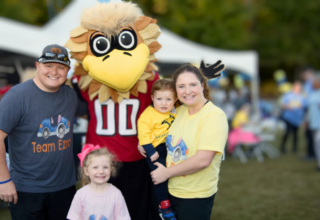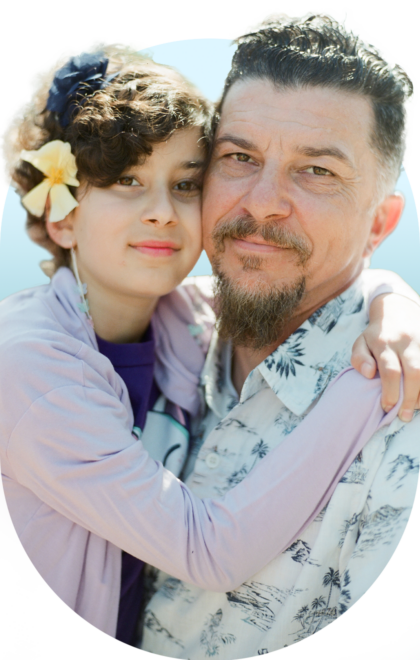
We Need Cures. We Need Action.
One mother shares her perspective about pediatric brain cancer's impact on the entire family.
Siblings will have their own emotions and questions about a brother’s or sister’s brain tumor diagnosis. They need to know they're not alone and their fears and feelings are normal.
When a child is told their sister or brother has a brain tumor, they may feel sad, angry, anxious, frustrated, lonely, guilty, or jealous of the extra attention given to their sibling. You may want to talk to them separately so they feel comfortable sharing their feelings and questions openly. You can also ask a member of your child’s healthcare team to join you in the room when you talk to siblings.
It’s important to talk to children using words and ideas they can understand. Here are some ideas about how to talk to children at different ages:
It’s okay to feel uncertain about talking to your children about cancer. If you want help, your child’s healthcare team can provide advice based on their experience.
Many parents and caregivers also find that age-appropriate videos can help. The Pediatric Brain Tumor Foundation’s Imaginary Friend Society is a series of short, animated videos that talk about cancer-related topics in a kid-friendly way. In the following video, circus-bear siblings Sir Wibling and Robearta explain what cancer can be like from different sibling perspectives.
One mother shares her perspective about pediatric brain cancer's impact on the entire family.
Virtual Event
1:00 - 2:00 PM EST

